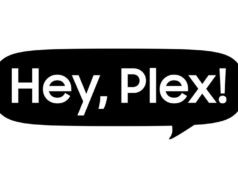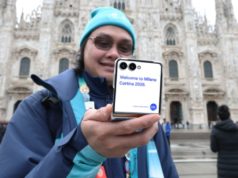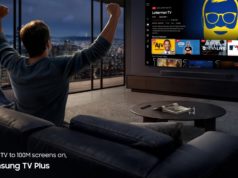Facebook is seeking to fill in some of the gaps in the reach of its messaging app empire, announcing today a new standalone version of its Messenger app, Messenger Lite, specifically designed for older Android devices with limited storage and for slower, data-constrained Internet connections.
Idea being that not everyone in the world has the premium hardware and superfast data connectivity that its full-fat messaging product assumes.
“With Messenger Lite, people are able to quickly and easily send text, photos and links to anyone using Messenger or Messenger Lite,” writes Facebook introducing the new app.
Or of course they could just use SMS.
The move follows Facebook launching a stripped down version of its main Android app for users in emerging markets last year. That app, called Facebook Lite, eschews data-intensive content like video and location-powered features like Nearby Friends to offer a more basic feature set and low res imagery in an app that’s less than 1MB in size.
Earlier this year Facebook revealed usage of this no-frills Facebook app had ballooned to 100 million monthly actives just nine months after launch, confirming it as it’s fastest growing app at that point — a growth trick it’s clearly hoping to repeat now with Messenger Lite.
Albeit Messenger Lite is not so modest in size: Facebook says the new stripped down Messenger is around 10MB. Although Android hardware continues to improve, even at the affordability focused end of the pipe.
In terms of features, Messenger Lite supports what Facebook dubs “core experiences” — namely: “messaging, sending and receiving photos and links, and receiving stickers”. Yes, stickers aren’t a nice-to-have in the hyper competitive world of mobile messaging.
Facebook says Messenger Lite for Android is starting to roll out, initially to Kenya, Tunisia, Malaysia, Sri Lanka and Venezuela — with other countries slated to be added in the “coming months”.
Last year rival messaging app Line also launched a stripped down Android app aiming to win users in a swathe of emerging markets, called Line Lite. So if Facebook doesn’t grab these users, another messaging player surely will.
Facebook has also previously launched Facebook Zero, a text-only version of its website that was subsidized by carriers — another on-boarding strategy for users in emerging markets.
But one of its most aggressive strategies for growing usage of its mobile messaging empire, and thus also getting its hands on users’ phone numbers, is shuttering access to messages within its mobile app — thereby forcing users to download Messenger if they wish to continue their conversations. (It’s even been excising messages from the mobile web version of its website.)
This user-hostile strategy has nonetheless inflated Messenger usage. But then if you force people to download an app in order to read messages from friends you are doing the equivalent of twisting their arm behind their back.
We’ve asked Facebook whether it will be removing access to messages from its web app for users in the markets where it’s launching the new Messenger Lite for Android and will update this post with any response. It seems prudent to expect this to happen though, assuming it hasn’t already done so… Update: Facebook declined to provide an on-the-record statement about this.
Facebook’s aggression with Messenger looks especially gratuitous when you consider it also owns mobile messaging giant WhatsApp. So it has not one but two 1BN+ mobile messaging platforms under its control and command.
But hey, if you’re in the user data-mining ad profiling business then sucking up as much personal data as possible is the name of the game.
Also not surprising: Facebook-owned WhatsApp recently announced it would start sharing user data with its parent company for ad targeting purposes, in a bid to triangulate yet more information on users of the two services.
So you could say: resistance is futile. Although of course other messaging apps and platforms are available.






